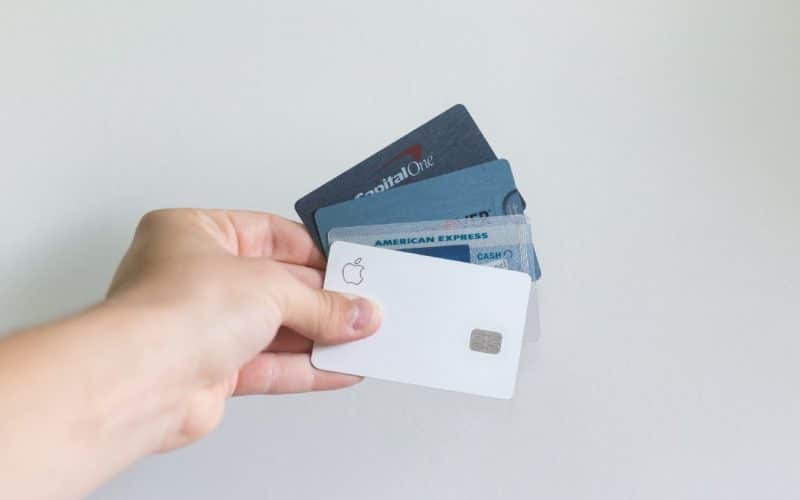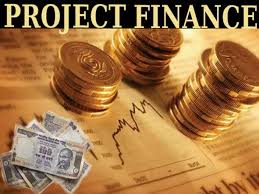Are you looking for ways to positively affect your credit after searching “what is a good APR for a credit card” and realizing you can do better? Whether you are building credit or looking to turn bad credit around, there are a few factors you might use to your advantage to help your credit score.
#1. Credit Utilization Ratio
Credit utilization ratio refers to how much of your credit limit you are using. If your credit limit is $10,000 and you are using $8,000, you are using 80% of your credit limit. Essentially, the credit utilization ratio determines how much you owe across your accounts.
Generally, experts recommend using no more than 30% of your total credit limit. Additionally, it might show potential lenders how reliant you are on non-cash funds. If you are using more than 30% of your credit, you might want to look into getting help with credit card debt to help potentially lower your credit utilization ratio.
#2. Payment History
Your payment history is another important factor. Paying on time with at least the minimum required amount shows that you are trustworthy to lenders. This is such an important factor that even a single missed payment can potentially affect your credit score.
You might want to set a monthly reminder or automatic payments to avoid missing your monthly payment. This factor is crucial if you are trying to use your credit score to open a new account or apply for a loan. For example, car dealerships could be more willing to work with you if you have a strong history of paying on time every month.
#3. Credit History Length
How long you have had accounts open can impact your credit score. The longer you have had a credit card account open, the better, as it can potentially help your overall credit score.
The age of your newest account also affects your credit. If you only have newer accounts, don’t feel discouraged. Just keep making payments on time; in the long run, they’ll help establish a positive credit history.
#4. The Number of Accounts
You generally want more than one account open to affect your credit score positively, but having too many open can have the opposite effect. It’s a tricky balance, and there isn’t one right or wrong answer — it all depends on your financial situation and spending habits.
Too many accounts can show you might not be trustworthy and keep opening more accounts. Too few accounts and lenders don’t have enough data to get a good idea of your financial habits. Whatever the case, be considerate of your current number of accounts and whether it is a smart idea to open a new one or not.
#5. A Mix of Credit Types
Some people might recommend a mix of credit accounts, and it could be beneficial for you. This could be your mortgage, car loan, credit card accounts, and your student loan. The types of accounts you have and how many are all factored into your credit score. This can indicate how well you manage a wide range of accounts.
About Tally
Tally wants you to worry less about credit card debt and get back to focusing on what really matters. To do that, Tally can help you get out from under the weight of credit card debt. The Tally app was created to help level the intentionally complex and complicated financial playing field, and Tally offers resources such as a credit card interest calculator and financial blog. Tally is unlike other financial brands in that it forges personal bonds with people, helping better support its members. It takes just a few minutes to apply and get started with the Tally app. Try Tally when you need help with credit card debt.
Learn more about credit score factors at www.meettally.com
Disclosures: Tally Technologies, Inc. (NMLS # 1492782 NMLS Consumer Access. Lines of credit issued by Cross River Bank, Member FDIC, or Tally Technologies, Inc. (“Tally”), as noted in your line of the credit agreement. Lines of credit are not available in all states.






